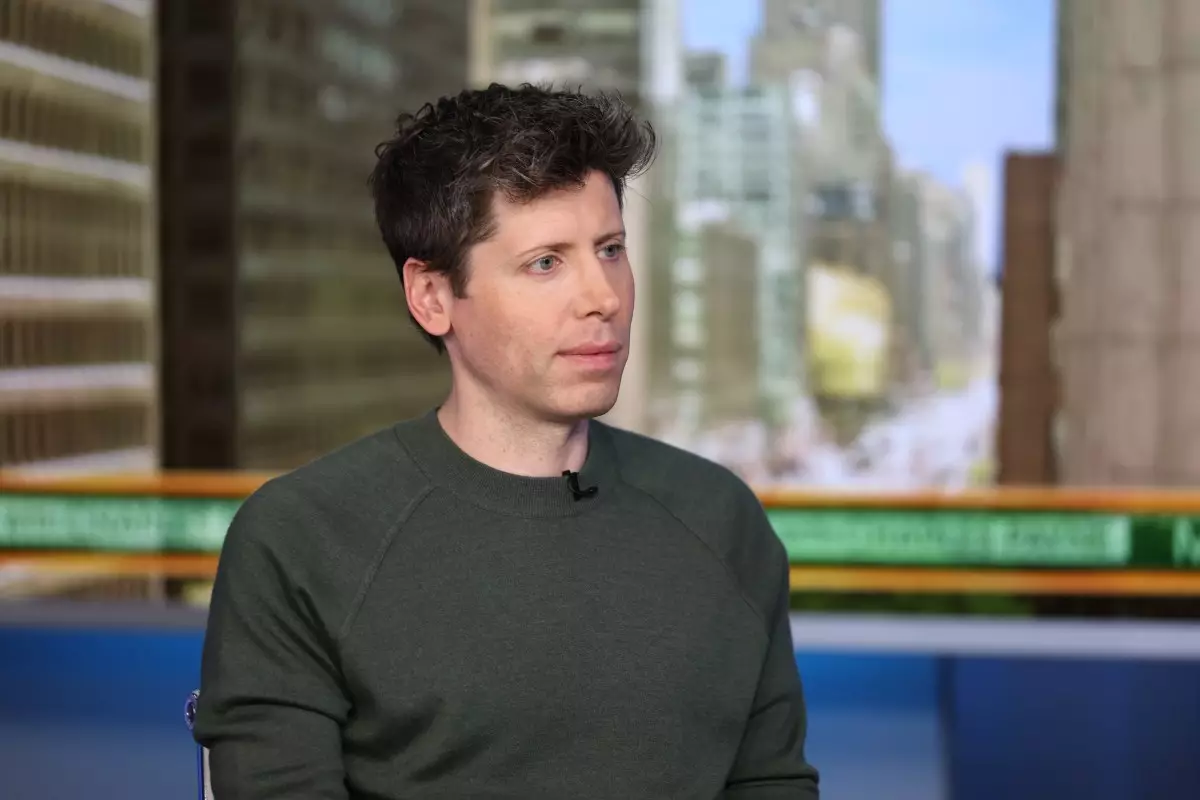OpenAI has announced its ambitious plan to release its first open language model since the GPT-2, stirring both anticipation and intrigue within the tech community. This forthcoming model promises to bring about a paradigm shift towards collaborative advancement in artificial intelligence, moving away from the traditionally closed-off strategies that have characterized the industry. In an era where innovation is often accelerated by open source contributions, this strategic pivot could not come at a more critical time.
The company recently unveiled a feedback form on its website, inviting developers, researchers, and enthusiasts to share their insights and wishes for the upcoming model. This unprecedented move not only demonstrates OpenAI’s willingness to engage with its user base but also acknowledges the invaluable contributions that the broader community can offer. Questions posed in the form, such as what features users would like to see or what open models they have previously utilized, reflect a genuine intent to co-create a model that meets real-world needs.
Shifting Gears Amidst Competition
As OpenAI prepares to embrace this new ideology, it finds itself in an increasingly competitive landscape. Rivals, particularly in Asia, like the Chinese AI lab DeepSeek, have adopted a more open approach, resulting in models that are not only available for experimentation but also primed for commercialization. The success of these competitors, exemplified by Meta’s Llama models amassing over a billion downloads, underscores a growing demand for accessible AI technologies. This shift highlights a fundamental divide in the industry: where traditional models often prioritize proprietary frameworks, newer players are redefining success through openness and collaboration.
OpenAI CEO Sam Altman has publicly acknowledged the organization’s past missteps regarding open sourcing its technologies. During a recent Reddit Q&A, he expressed concerns that OpenAI had once positioned itself on the “wrong side of history” by safeguarding its models too closely. This admission is remarkable not just for its honesty, but for the recognition that adaptability is essential in the fast-evolving tech landscape. Altman’s vision for a more open source strategy represents a crucial shift in mentality, suggesting that the road ahead requires OpenAI to genuinely listen to its users and foster cooperative dialogue.
Innovative Collaboration with the Community
The strategy OpenAI has outlined for the new model involves an active partnership with developers and researchers through imminent developer events hosted across the globe, starting in San Francisco. These venues will serve as platforms for direct communication, where insights can be exchanged and prototypes tested. Such initiatives shine a light on OpenAI’s commitment to co-creation, a move where a rich tapestry of ideas can foster innovation that reflects diverse user experiences.
Moreover, Altman’s mention of reasoning capabilities in the new model indicates a significant leap towards sophisticated AI. By ensuring the model adheres to a preparedness framework before its release, OpenAI is taking a cautious yet calculated approach to ensure that the outcomes of its development are robust and beneficial. This meticulous method underscores the balance between innovation and responsibility, a theme crucial for any company operating in the realm of artificial intelligence.
The Future of Open Collaboration in AI
OpenAI’s initiative holds profound implications for the future of AI technology. By fostering an open environment for feedback and collaboration, the company signals a commitment to a more inclusive model of innovation. Engaging the community ensures that the developments do not merely arise from an insular group of developers but instead reflect the needs and desires of a diverse audience.
The emerging trend signifies that open-source AI models may redefine how tech companies operate, prioritizing community-driven solutions over isolated advancements. This could lead not only to richer technology ecosystems but also to a democratization of AI, where the barriers to entry are lowered, and opportunities abound for developers and researchers around the globe.
In a world increasingly defined by its interconnectedness, OpenAI’s upcoming release may represent more than just another technological advancement; it could herald a new age of collaborative exploration and empowerment in artificial intelligence, setting a precedent for how tech companies engage with the communities they serve.

